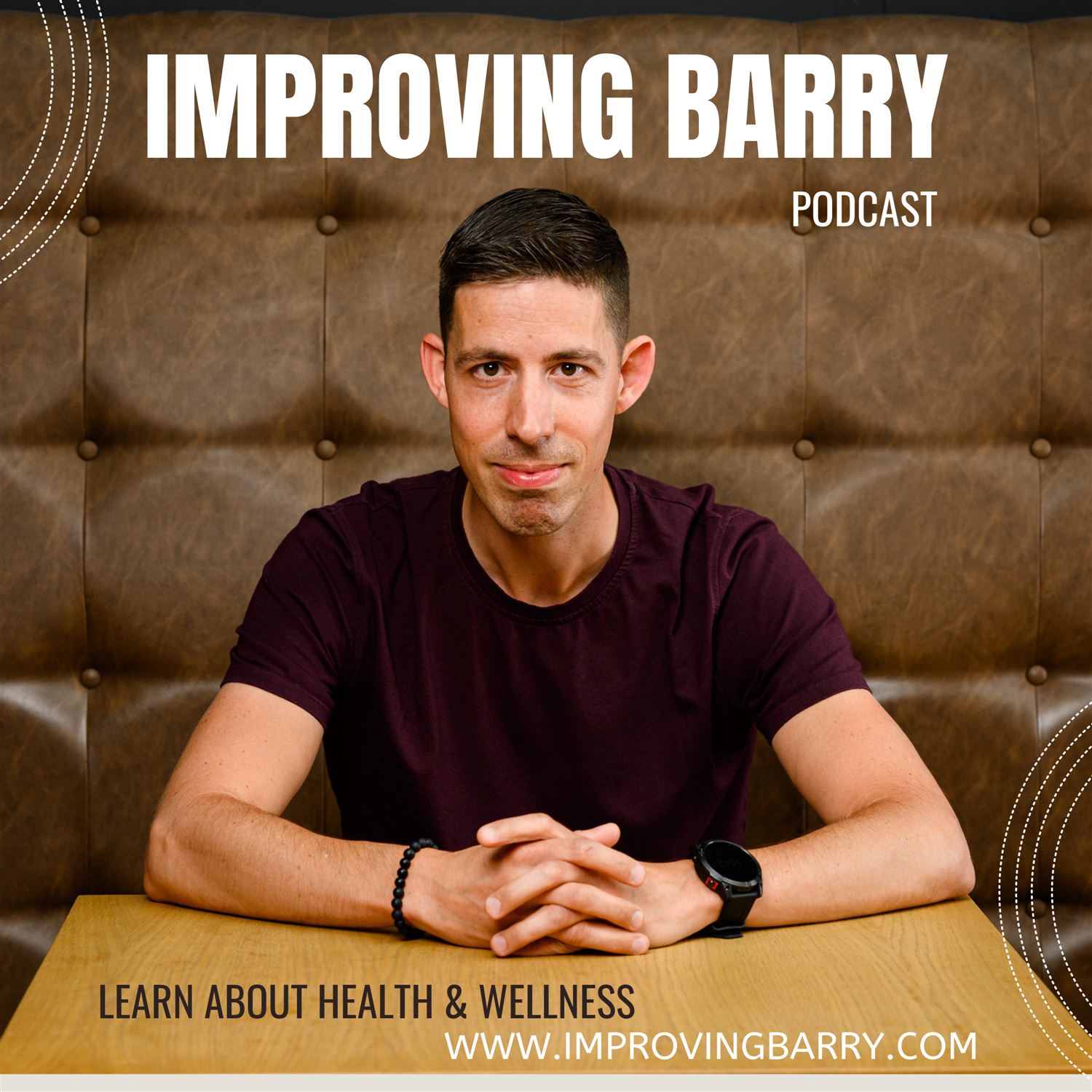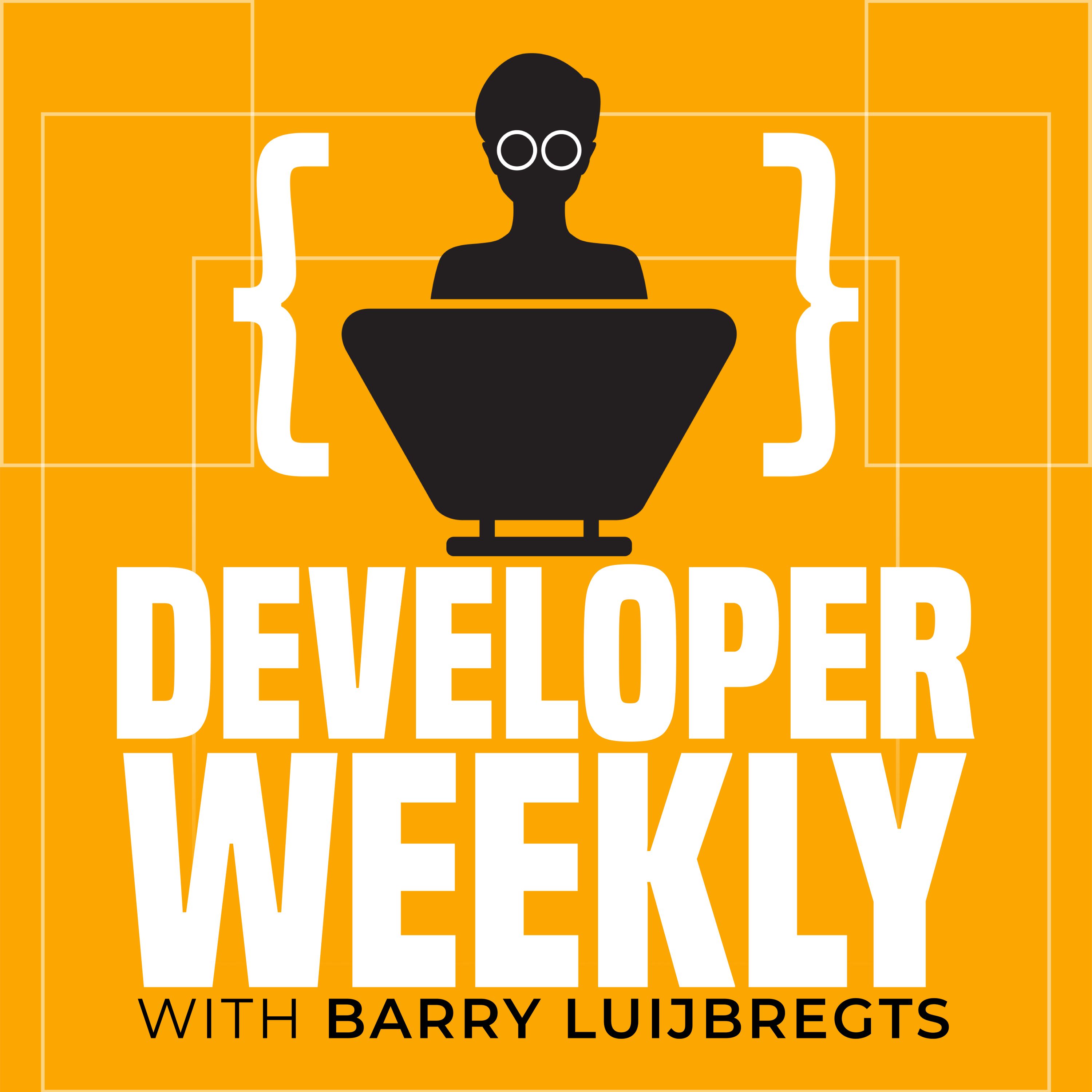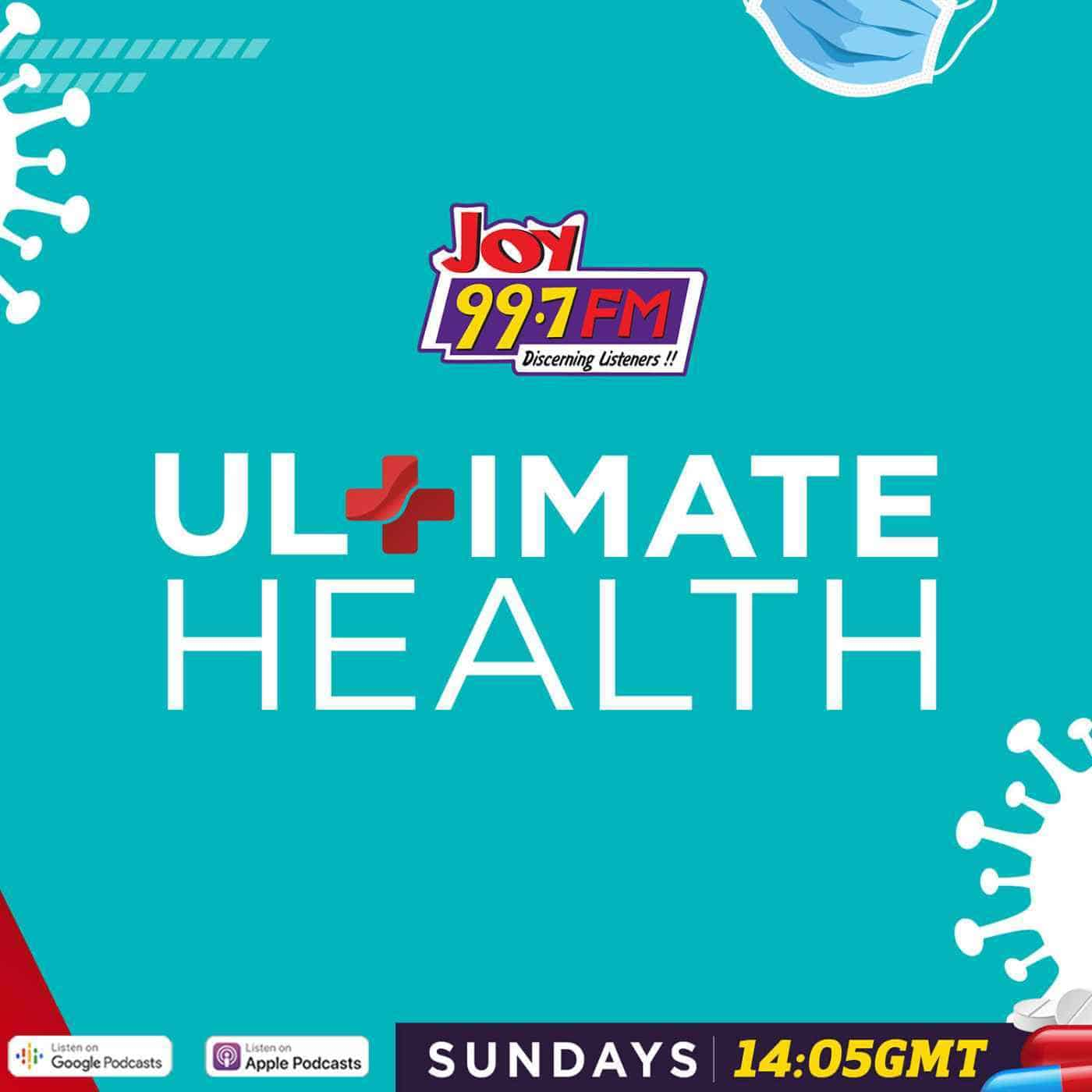In this episode, we delve into the topic of women's health and the unique challenges they face. We explore various aspects of women's health, including hormones, lifestyle changes, and practical tips for improving overall well-being. Our guest shares valuable insights on the importance of lifting weights and consuming enough protein for optimal health. We also discuss the use of hormone replacement therapy, exploring both its potential risks and benefits. Additionally, we touch upon the impact of endocrine-disrupting chemicals and the use of oral contraceptives.
Throughout the episode, we explore the long-term effects of synthetic hormones and stress the significance of informed consent when choosing contraception. We provide practical advice for maintaining hormonal health, such as adopting a real food diet, staying physically active, prioritizing sleep, managing stress, and finding joy in life. Our guest emphasizes the importance of women asserting themselves and learning to say no to things that no longer serve them. Lastly, we encourage listeners to find healthcare practitioners who are open to having honest conversations about hormone replacement therapy.

Improving Barry
Join me, Barry, in learning actionable health tips and strategies from experts in the fields of health and wellness. Together, we’ll learn to live longer, have more energy, prevent disease, and get more out of life.
Listen in your favorite app:
FountainHere are shows you might like



